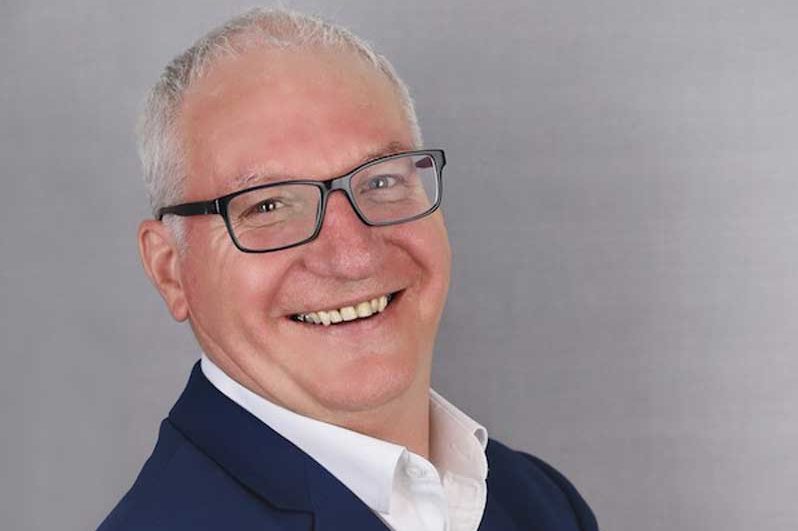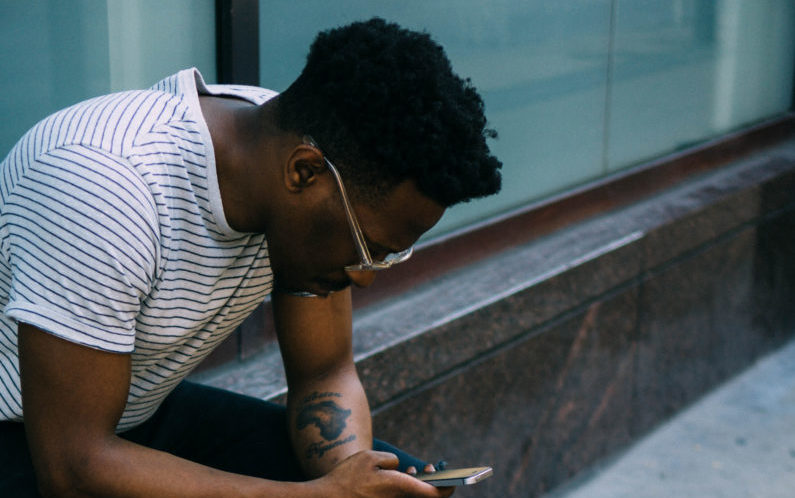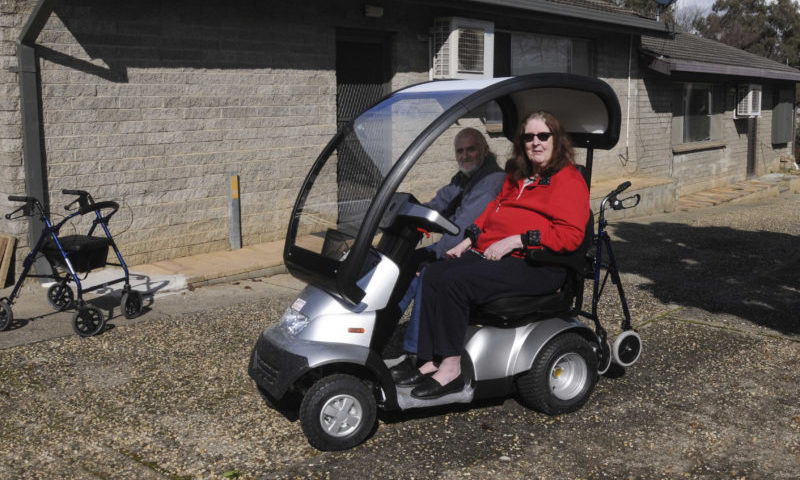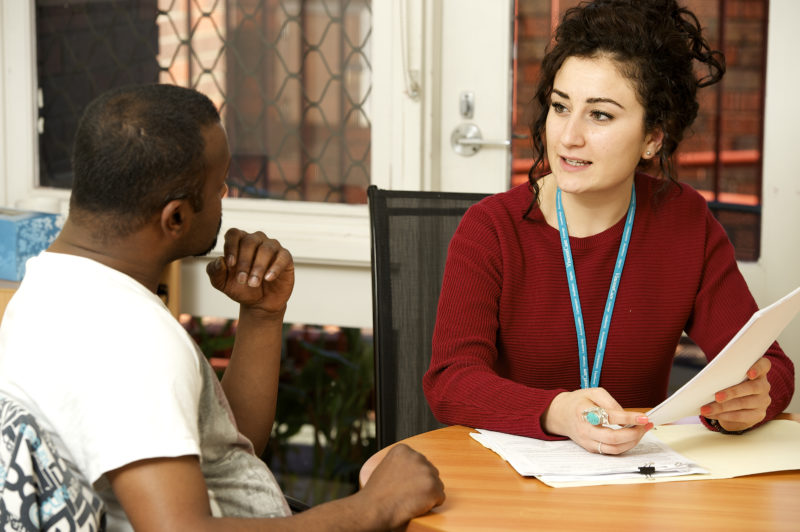
Mobile phones are a lifeline for people experiencing homelessness
In a world that increasingly relies on digital connectivity, a mobile phone can be a lifeline for people experiencing homelessness and disadvantage.

According to a recent study by the University of Sydney, about 95 per cent of people experiencing homelessness own a mobile phone. For a person experiencing homelessness or disadvantage, a mobile phone is not a luxury item but a way to access essential services, find employment, access housing and maintain contact with family and community.
VincentCare Senior Practitioner, Doug Harding, said that mobile phones have many benefits when it comes to safety, security and accessibility. “Being able to access essential services, reach out to family and community, and contact police in case of emergency, are all things that many of us take for granted. The absence of a mobile phone can lead to digital exclusion and can greatly reduce opportunities for someone looking for a path out of homelessness.”
VincentCare knows the importance of connectivity in recovery from homelessness. After investing three years of research, development and planning into its Homelessness to Recovery Model – the first of its kind in Australia – VincentCare found that creating opportunities for people to reconnect with their communities of choice, or establish new pathways that enable recovery and growth, is an essential element in recovery.
“Anecdotally, we know that one of our clients’ biggest fears is losing their mobile phone. A phone isn’t just a gadget, for many of our clients it’s their only way of feeling part of the world,” said Mr Harding.
While access to free WiFi and mobile charging stations are becoming more common, mobile phone credit is still an added expense that many people experiencing homelessness and disadvantage cannot afford. This means problems connecting with case workers and missing out on accommodation and employment opportunities.
“Someone trying to turn their life around needs every opportunity to succeed. Not having a fixed address and being unreachable by phone can greatly reduce someone’s chances for employment,” said Mr Harding.
VincentCare’s new homelessness accommodation and resource centre, opening in 2019, will provide people experiencing homelessness and disadvantage with technology and support that will aid their recovery.
VincentCare ICT Manager, Raphael Di Francesco said he wanted the new building to connect people to the world. “We wanted them to have access to resources, services and appointments through the technology that can help them take back control of their lives. We want them to reconnect with their families and friends, or to make and keep new connections.”
Clients at the new accommodation hub and resource centre will have access to their rooms, to secure lockers and their digital possessions (scanned copies of their personal documents, including birth certificates) through a key card or passcode – much like one you would use at a hotel.
“They will be able to recharge their devices, plug into other technology and receive technology training. Importantly, they will be safe doing it,” said Mr Di Francesco.



